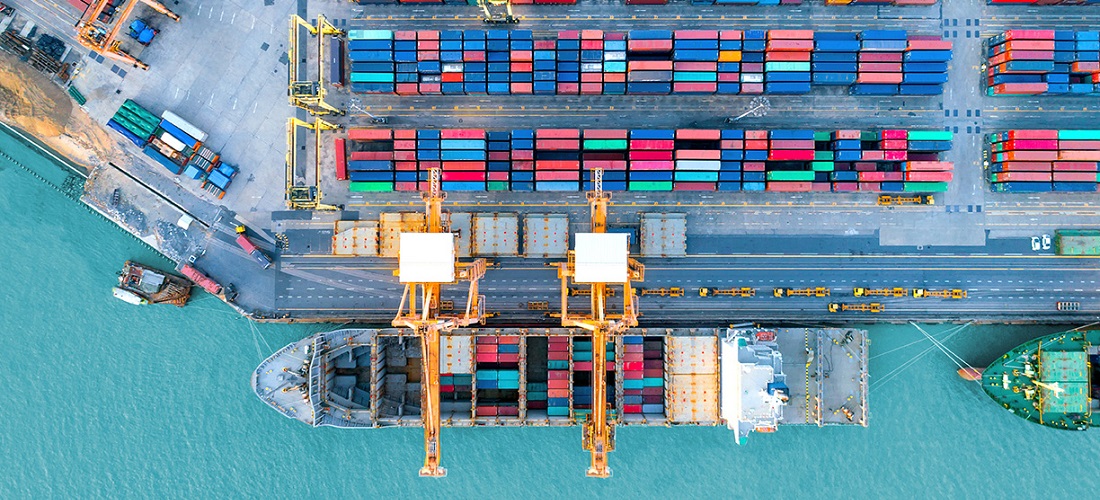
Production chains in Southeast Asia are better prepared for Covid-19 outbreaks
Dec, 06, 2021 Posted by Ruth HollardWeek 202147
The flurry of Covid-19 cases caused by the delta variant wreaked havoc on supply chains in Southeast Asia, disrupting the manufacture of many products, from semiconductors to sneakers, and raising prices for Western consumers.
But economists and factory operators say that countries like Vietnam and Malaysia have learned from that experience and are better prepared for new outbreaks as the omicron variant spreads globally.
Some countries in the region, including Vietnam and Thailand, have abandoned aggressive “zero Covid” strategies to boost their economies. This change was helped by a rapid increase in vaccination against the disease.
Still, many economists and business people are wary. Scientists are still studying the omicron to find out if it is more transmissible and can escape vaccines, although it is believed they will still offer protection against hospitalizations and deaths.
Labor shortages
The new variant comes at a time when the situation in global supply chains is improving, but it still faces challenges. While factories have reopened across Southeast Asia, reducing a major source of pressure for Western companies, continued labor shortages are limiting production in countries like Vietnam and Malaysia.
Factories in the region also face high freight rates and raw material shortages. All of this results in higher prices and longer waiting times for Western consumers.
Still, companies are hopeful that the Omicron variant will not disrupt production too much. One factor that could cause fewer disruptions in new waves is that Vietnam has changed its approach to controlling the spread of Covid-19.
Source: Valor Econômico
To read the full original article, visit the link:
-
Oil and Gas
Mar, 11, 2019
0
BW Offshore acquires 70% of Maromba field from Petrobras
-
OTI Rankings
Mar, 03, 2021
0
DataLiner OTI Rankings (NVO Rankings) | Jan 2020-2021 Brazil and Plate
-
Ports and Terminals
Aug, 19, 2022
0
Truck cabin destroyed in accident in the Port of Santos
-
Grains
Dec, 11, 2023
0
Brazil’s Corn Exports Projected for Record Year Despite December Dip

